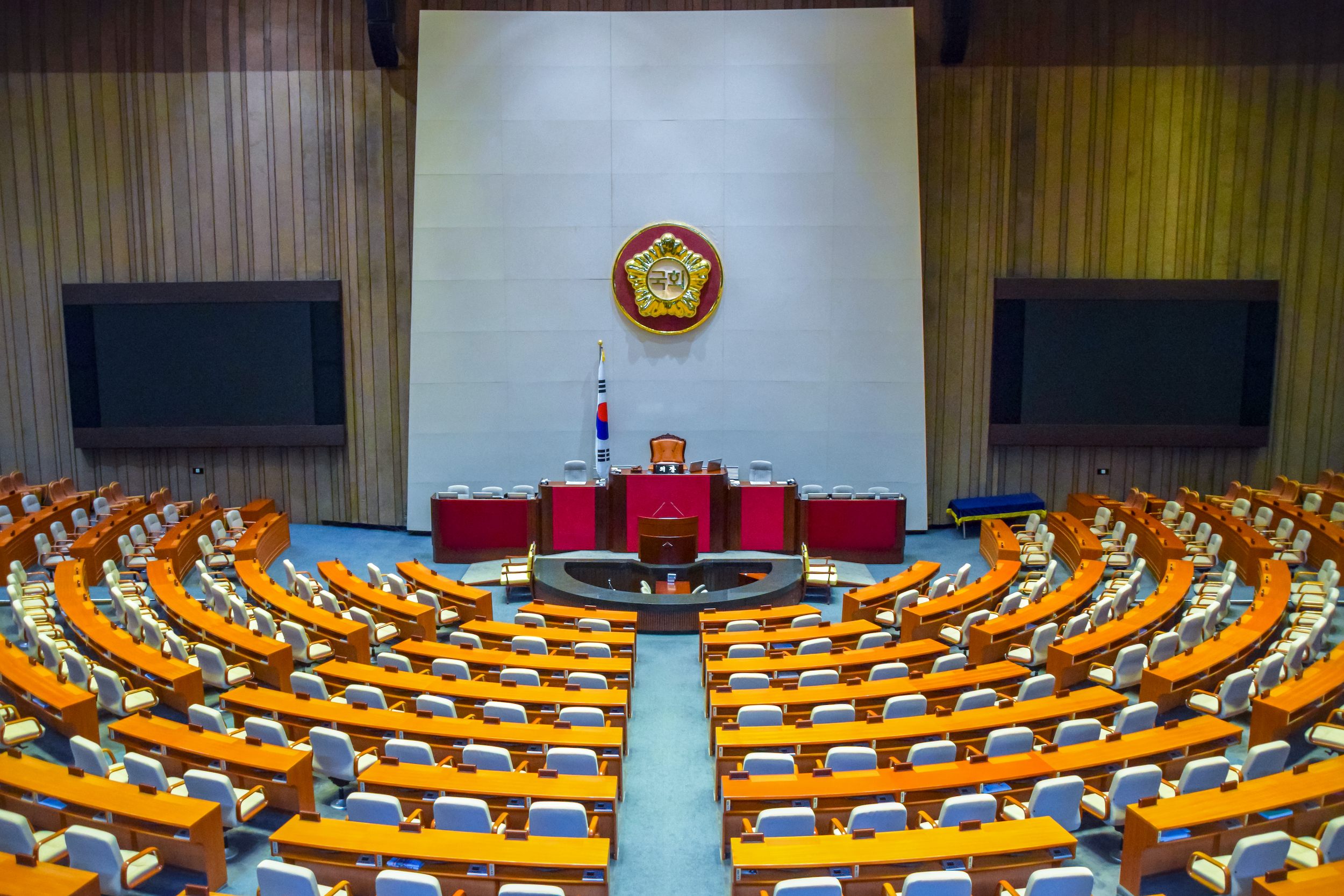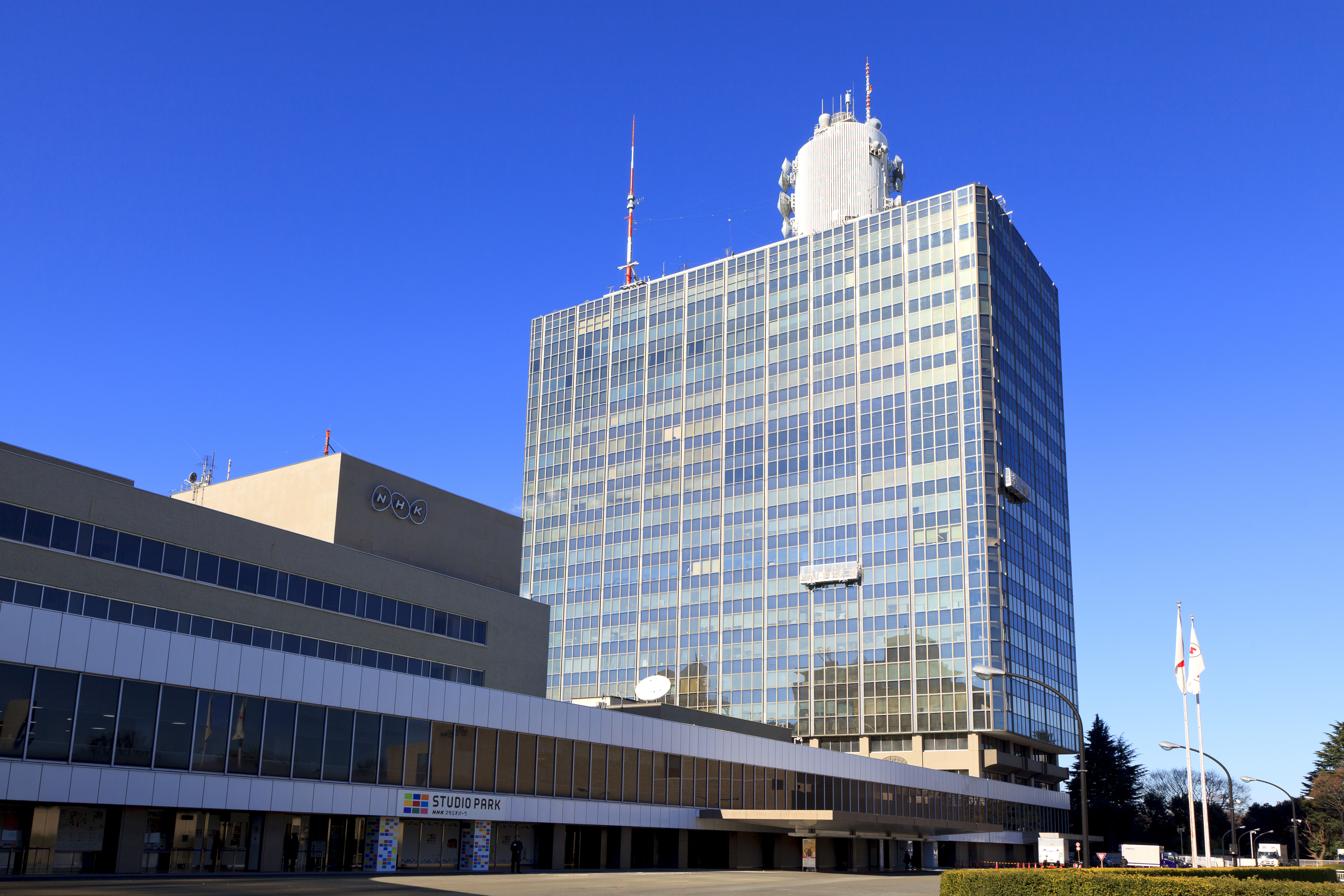The final vote on a proposed bill that many fear could undermine press freedom in South Korea has been postponed yet again.
The ruling Democratic Party of Korea (DPK) has, for the second time, postponed a vote on the Press Arbitration Law Amendment Bill that it planned to push through the National Assembly’s plenary session on Wednesday, following ‘fierce opposition’ from political parties and media organisations, The Korea Herald reported today.
The DPK has been keen to pass amendments on the Press Arbitration Act, which it suggests will help combat and safeguard citizens from ‘fake news’. An initial attempt to pass the bill was due to take place last month but was postponed to a plenary session this week following threats from the opposition People Power Party to stage a filibuster.
During month-long negotiations, the DPK reportedly conceded to remove a contentious measure that would have imposed greater penalties on media outlets found guilty of disinformation with ‘malicious intent’. But parties have failed to reach an agreement on other measures, such as whether ‘victims of fake news’ can demand the removal of reports or have the right to demand corrections on ‘problematic’ reports.
Like similar laws in Hong Kong and Singapore, there are fears that the vague wording of the proposed bill could give the government too much discretion over what reports can be considered a violation of the Act. The Act would also only apply to newspapers and broadcasters despite mis- and disinformation increasingly being spread across social media platforms.
Opposition parties and media organisations have continued to call on the National Assembly to reject the bill over concerns that the proposed measures could infringe on critical reporting and access to information. Earlier this month, Article 19, Human Rights Watch and other civil society organisations sent a joint letter to President Moon Jae-in and the National Assembly outlining their concerns about the bill. They wrote, ‘As drafted, the proposed amendments would seriously impair freedom of expression, freedom of information and media freedom, and would discourage critical reporting by the media.’
The DPK is now suggesting forming a special parliamentary committee of lawmakers from each party to discuss the bill along with three other media-related bills. The Korean Herald previously reported that it would have been possible for the DPK to unilaterally push for the final vote on the Bill, given its majority in the National Assembly. If passed, the bill could seriously impair South Korea’s global press freedom ranking, which is among the highest in the region.
While the controversial bill has been temporarily postponed for further discussions, the Public Media Alliance remains concerned about what it could mean for South Korea and other countries in the region that are considering implementing similar legislation under the guise of combatting so-called ‘fake news’. PMA will continue to report on key developments and advocate for the ability of independent media to hold power to account, especially ahead of South Korea’s presidential election next year.
Header Image: Seoul,South Korea 1/20/2020 Yeouido Korea National Assembly Proceeding Hall Chamber. Credit: NGCHIYUI/Shutterstock.com
Related Posts
24th August 2021
South Korea to vote on concerning “fake news” law
South Korea may soon join the growing…
8th February 2021
Proposed licence fee amendments for public broadcasters in Japan and South Korea
Contrasting proposals made for the…
12th May 2020
Global Task Force for public media welcomes South Korea’s KBS
The Global Task Force for public media…


